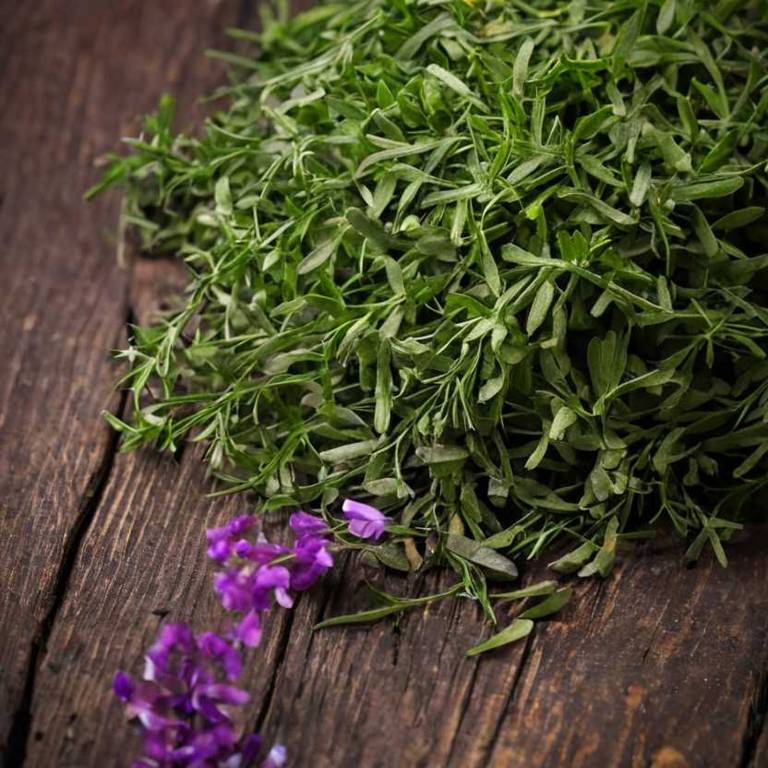Senega Snakeroot (Polygala senega)
Senega Snakeroot (Polygala senega) is a member of the Polygalaceae family, native to Eastern North America, United States, and Canada. Traditionally, its roots, rhizomes, and stems have been used for decoctions, infusions, and powders.
This herb is particularly valued for its antispasmodic, expectorant, and tonic actions, and has a long history of use in native american herbal medicine, european herbal medicine, and traditional chinese medicine.

Quick Facts / Key Information
| Common Name | Senega Snakeroot |
|---|---|
| Scientific Name | Polygala senega |
| Plant Family | Polygalaceae |
| Genus | Polygala |
| Species | senega |
| Native Range | Eastern North America, United States, Canada |
| Plant Parts Used | Roots, Rhizomes, Stems |
| Primary Medicinal Actions | Antispasmodic, Expectorant, Tonic |
| Primary Traditional Systems | Native American Herbal Medicine, European Herbal Medicine, Traditional Chinese Medicine |
| Historical Preparation Methods | Decoction, Infusion, Powder |
Botanical Identity
- Scientific Name
- Polygala senega
- Common Name
- Senega Snakeroot
- Synonyms / Alternative Names
- Senega Root, American Senega, Senega Root
- Plant Family
- Polygalaceae
- Genus
- Polygala
Botanical Description
- Growth Habit
- Perennial herbaceous plant.
- Height
- It typically reaches a height of 30 to 100 centimeters.
- Leaves
- Broad leaves with upper surface green and lower surface grayish-white, featuring distinct stomatal bands along the midrib.
- Flowers
- Inflorescences are spike-like clusters with small, white to pale yellow flowers having five lobes, each with a distinct midvein and a short, narrow tube, and the flowers are actinomorphic with five stamens and a single pistil.
- Stems
- Cylindrical, herbaceous stems with opposite branching, smooth surface, and ribbed longitudinal channels.
Traditional Uses / Historical Use
Traditional Systems
- Native American Herbal Medicine
- European Herbal Medicine
Historical Preparation Methods
- Decoction
- Infusion
- Powder
- Tincture
Medicinal Actions
- Antispasmodic
- Historically regarded as a moderate antispasmodic, for tension-related applications.
- Expectorant
- Commonly referenced as a mild expectorant, in respiratory system contexts.
- Tonic
- As described in traditional systems, a cooling tonic, for broad-use formulations.
- Stimulant
- In herbal texts, considered a warming stimulant, for vitality-related discussions.
Active Compounds
- Saponin
- Plant-derived compounds characterized by their soap-like properties.
- Alkaloid
- Organic compounds biosynthesized by plants as part of secondary metabolism.
- Flavonoid
- A chemical class commonly identified in plant tissues, especially flowers and leaves.
- Glycoside
- A chemical class frequently found in roots, leaves, and seeds.
Modern Research Overview
Contemporary research on this plant includes areas such as chemical analysis, laboratory-based studies, and observational research. Detailed summaries of published findings are not included at this stage and will be added during future content updates.
Safety & Contraindications
- General Precautions
- Precautionary considerations have been reported in relation to this herb.
- Contraindications
- Specific contraindications associated with this herb have not been well documented.
- Allergies
- Reports of allergic reactions to this herb are not well documented in available sources.
- Drug Interactions
- There is insufficient evidence to determine whether this herb interacts with pharmaceutical drugs.
- Toxicity
- Toxic effects associated with this herb have not been well documented.
- Pregnancy & Breastfeeding
- Available information regarding use during pregnancy or breastfeeding is limited.
Preparation & Usage Methods
- Infusion
- Dried or fresh plant parts are infused in hot water and consumed as a beverage.
- Decoction
- This method uses sustained heat to extract compounds from firm plant structures.
- Poultice
- This method uses direct contact between plant material and the skin.
- Powder
- A preparation created by pulverizing dried plant material.
- Tincture
- Tinctures are liquid extracts produced through alcoholic maceration.
Growing, Harvesting & Storage
Growing / Cultivation
- Soil
- Prefers loamy soil with well-drained conditions. Typically grows best in organically rich soils.
- Sunlight
- Thrives in partial sun. Tolerates full sun to partial shade.
- Watering
- Prefers moist soils. Tolerates periodic dry conditions.
Medical Disclaimer
The information provided on this page is for educational and informational purposes only. It is not intended to diagnose, treat, cure, or prevent any medical condition. Always consult a qualified healthcare professional before using any herb for medicinal purposes.